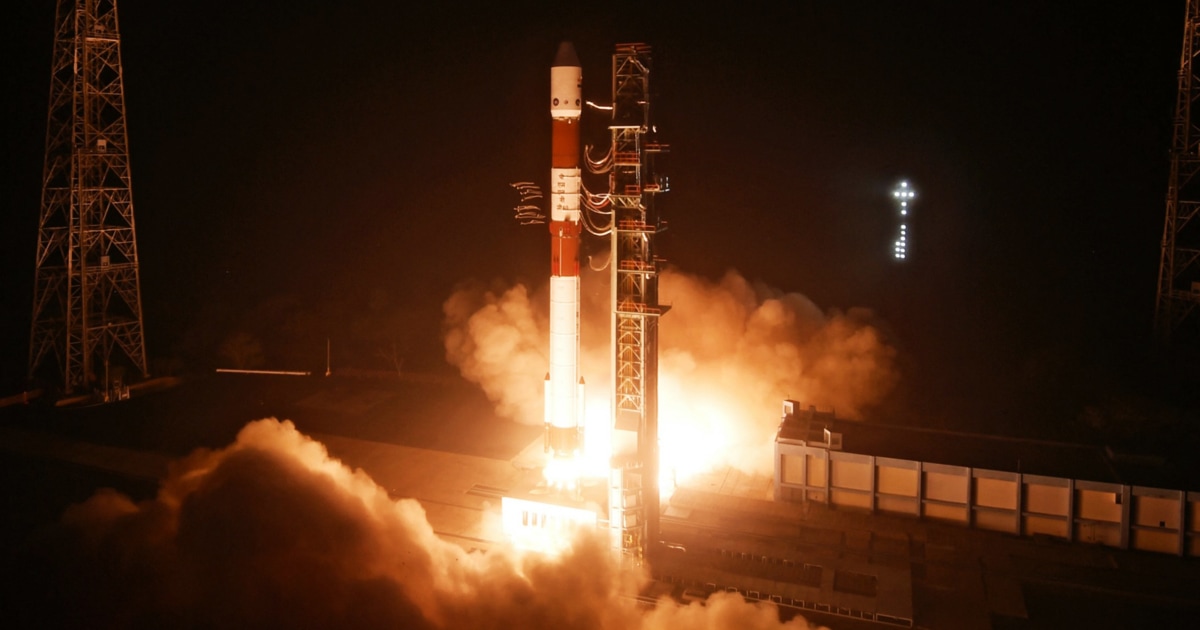India Joins Elite Club with Successful Space Docking Mission
In a groundbreaking achievement, India has recently made headlines by becoming the fourth nation to successfully execute a space docking mission. This remarkable feat not only highlights India’s burgeoning capabilities in space exploration but also positions the country among an elite group of nations proficient in advanced space operations. The successful docking marks a significant milestone, showcasing India’s engineering prowess and commitment to expanding its horizons in space technology.
The Significance of Space Docking
Space docking, the process of joining two spacecraft together in orbit, is a pivotal technology for numerous space missions. It enables various operations such as:
- Assembly of Space Stations: Docking is essential for the construction and maintenance of space stations, allowing modules to be added over time.
- Refueling Missions: It allows for refueling spacecraft in orbit, extending their operational lifetimes.
- Transfer of Crew and Cargo: Docking facilitates the transfer of astronauts and supplies, crucial for long-duration missions.
Mastering this technology is indicative of a nation’s advanced aerospace capabilities, as it requires precision, coordination, and sophisticated engineering. India’s success in this arena showcases its readiness to take on more complex and ambitious space projects in the future.
India’s Journey in Space Exploration
India’s foray into space exploration began with the establishment of the Indian Space Research Organisation (ISRO) in 1969. Over the decades, ISRO has made significant strides in various areas:
- Satellite Launches: From communication satellites to earth observation systems, ISRO has launched over 300 satellites for both domestic and international clients.
- Manned Space Missions: The Gaganyaan mission, aimed at sending Indian astronauts into space, is currently under development.
- Interplanetary Missions: ISRO’s Mars Orbiter Mission in 2013 made India the first Asian nation to reach Martian orbit, and it was accomplished on a shoestring budget.
These achievements have not only bolstered India’s reputation on the global stage but have also inspired a new generation of scientists and engineers across the nation.
The Latest Docking Mission
The recent docking mission marks a watershed moment for ISRO. The spacecraft, designed with cutting-edge technology, successfully docked with another module in low Earth orbit. This operation was meticulously planned and executed, showcasing the rigorous training and expertise of ISRO’s engineers and scientists.
Key aspects of the mission included:
- Advanced Technology: The spacecraft was equipped with automated docking systems, allowing for precision maneuvers in the challenging environment of space.
- Collaboration: The mission involved cooperation among various sectors of ISRO, illustrating the teamwork that is crucial for success in space missions.
- Data Collection: During the docking process, vital data was collected, which will inform future missions and enhance India’s capabilities in space exploration.
Global Impact and Future Prospects
With this successful docking mission, India has joined an elite group that includes the United States, Russia, and China. This achievement is expected to have several implications:
- Enhanced International Collaborations: India’s successful mission may lead to increased partnerships with other space-faring nations, fostering collaborative projects that benefit all parties involved.
- Boosting the Economy: Advances in space technology can stimulate economic growth by creating jobs and attracting investments in the aerospace sector.
- Inspiration for Future Generations: The success story of ISRO is likely to inspire young minds to pursue careers in science, technology, engineering, and mathematics (STEM).
Moreover, the mission opens up new avenues for research and development. As India continues to push the boundaries of space exploration, future missions may include lunar explorations, Mars missions, and even interstellar studies.
Challenges Ahead
Despite the triumph, challenges remain. Space is inherently unpredictable, and each mission comes with its own set of risks. For India, the focus will now shift towards:
- Safety Protocols: Ensuring the safety of astronauts and equipment during missions will be paramount.
- Resource Management: Efficiently managing resources, including funding and technology, will be crucial to sustaining long-term space endeavors.
- Public Engagement: Engaging the public and maintaining support for space initiatives will be vital for future funding and interest.
Conclusion: A New Dawn for Indian Space Exploration
India’s successful space docking mission is more than just a technical achievement; it’s a testament to the nation’s aspirations and capabilities in the realm of space exploration. By joining the ranks of the world’s leading space nations, India has not only cemented its place in the global space race but also set the stage for future endeavors that promise to expand our understanding of the universe.
As ISRO continues to break new ground, the world watches with keen interest. The future is bright for India in space exploration, and the recent docking success is just the beginning of an exciting journey ahead.
See more Future Tech Daily

